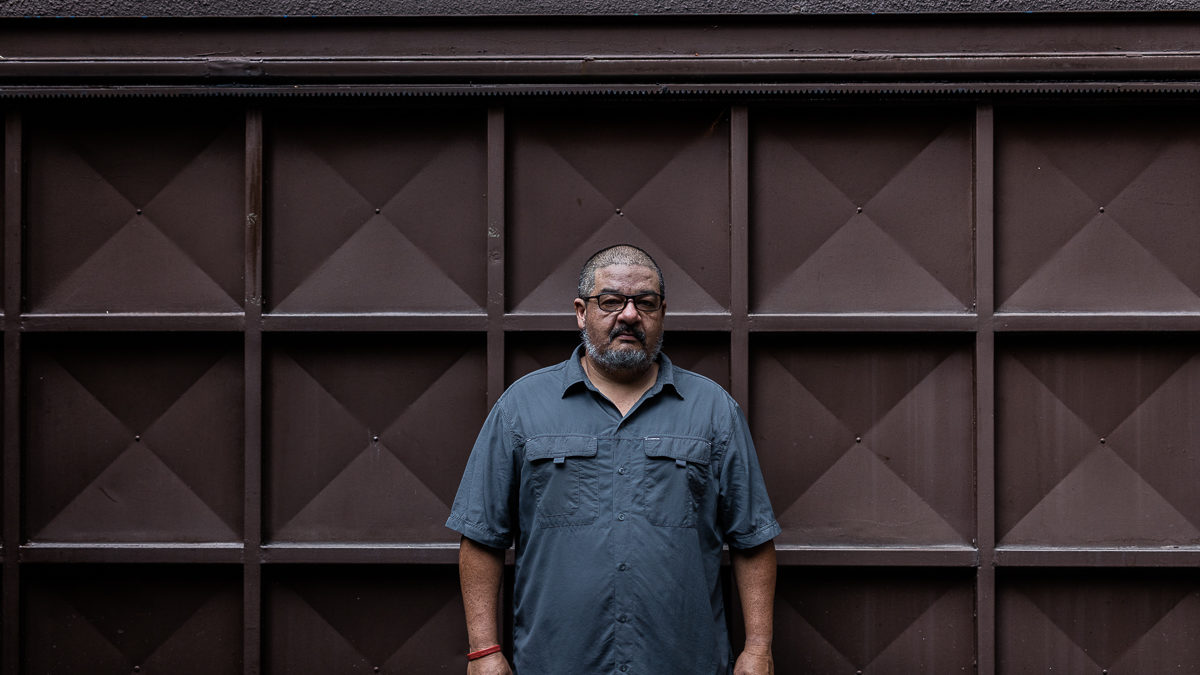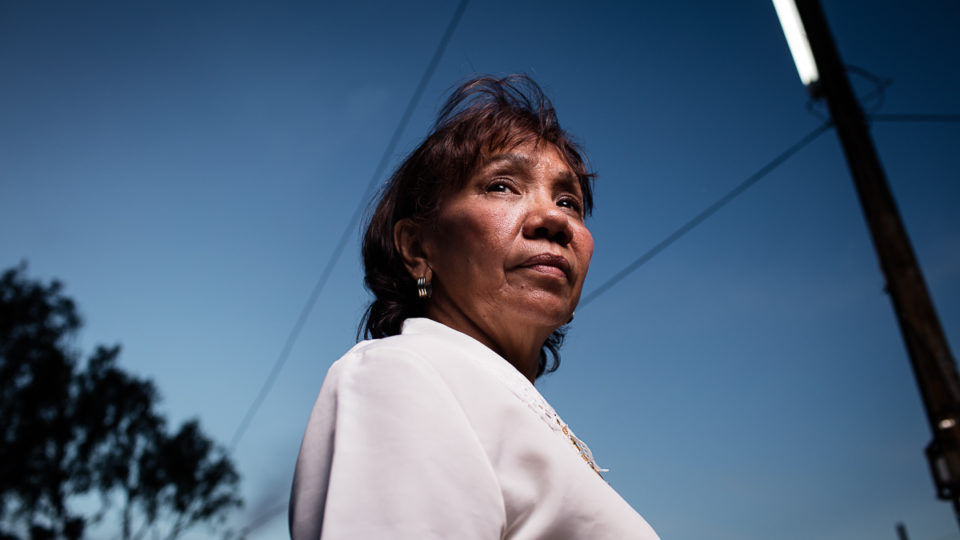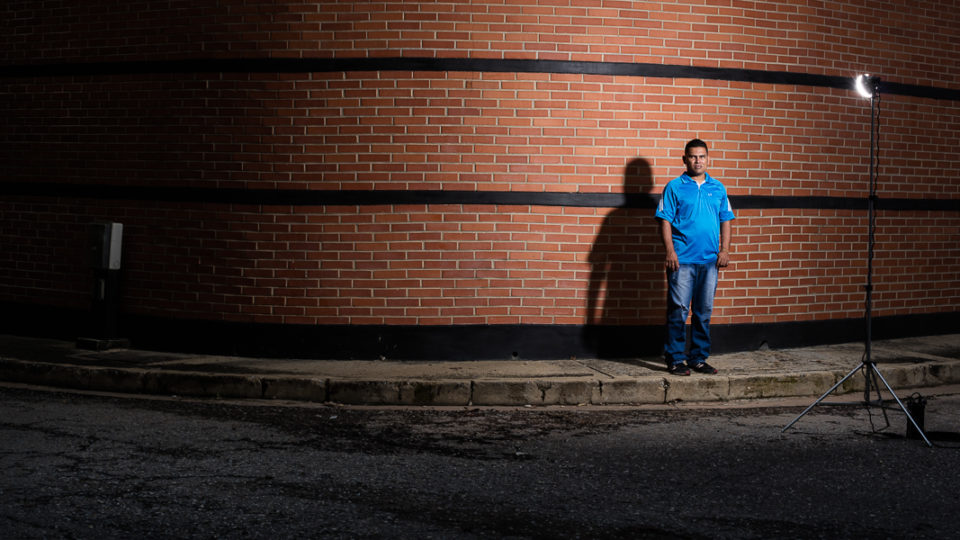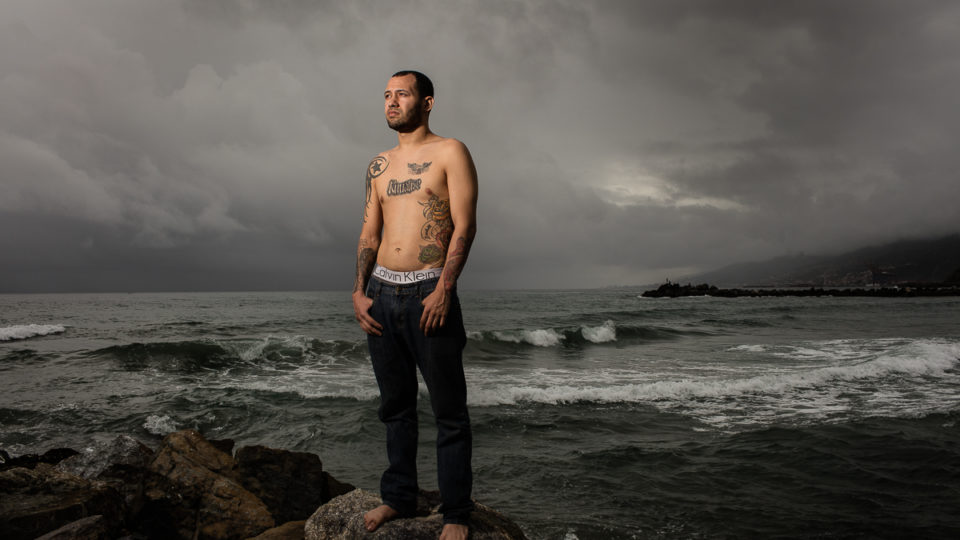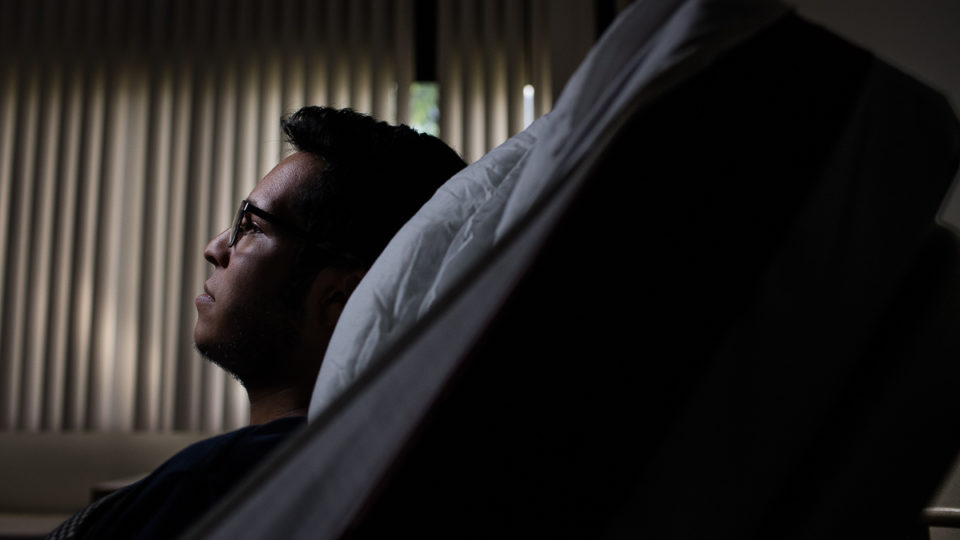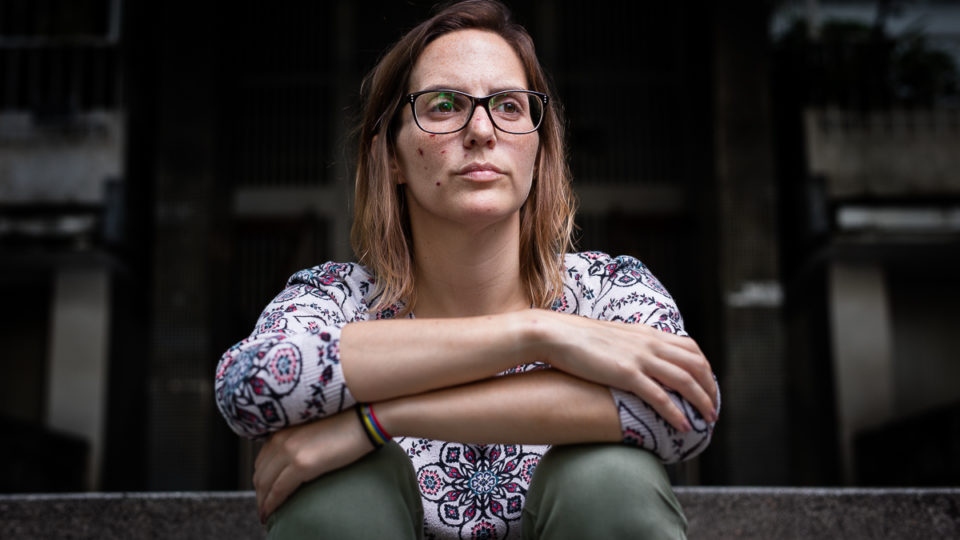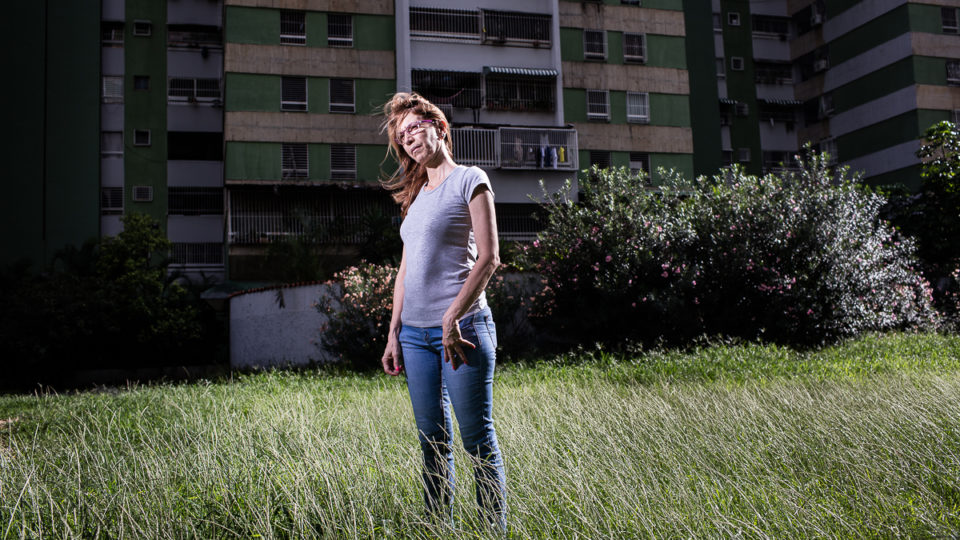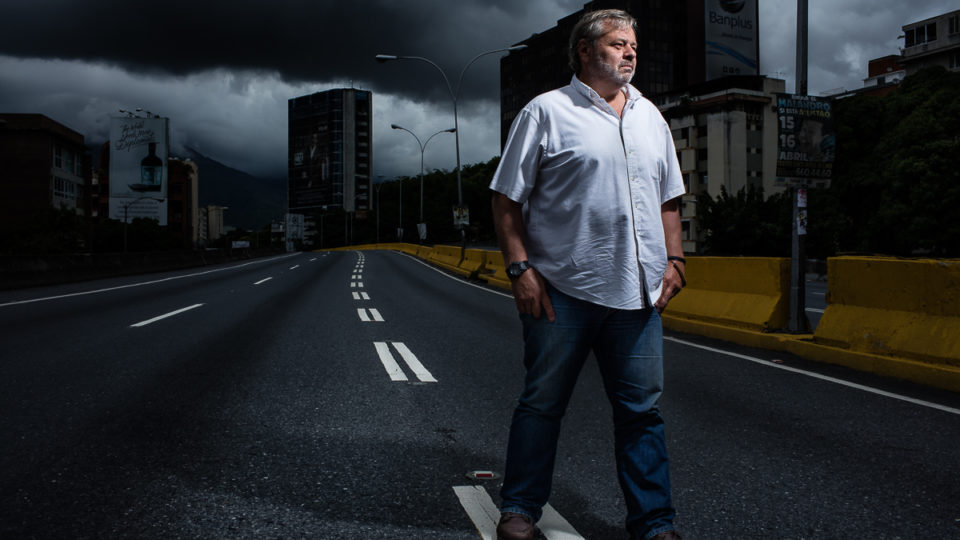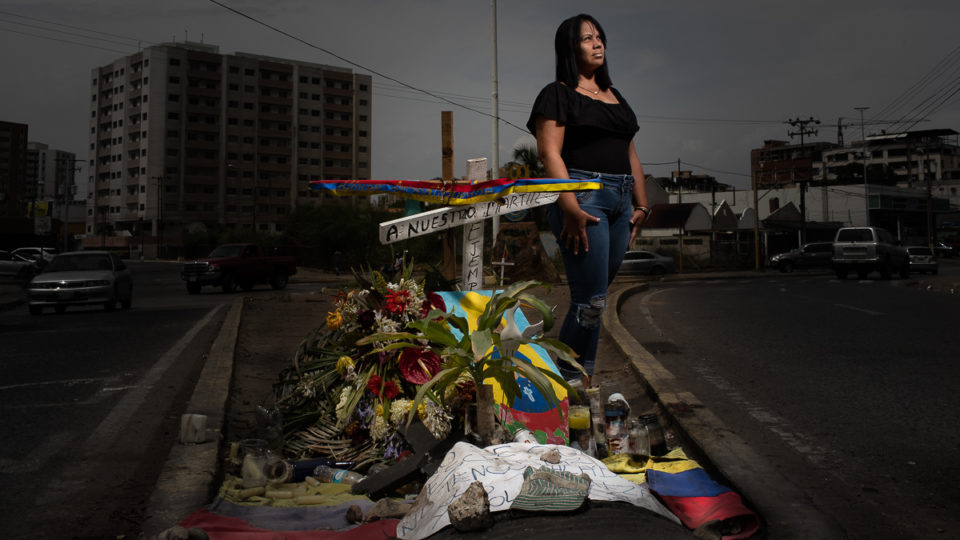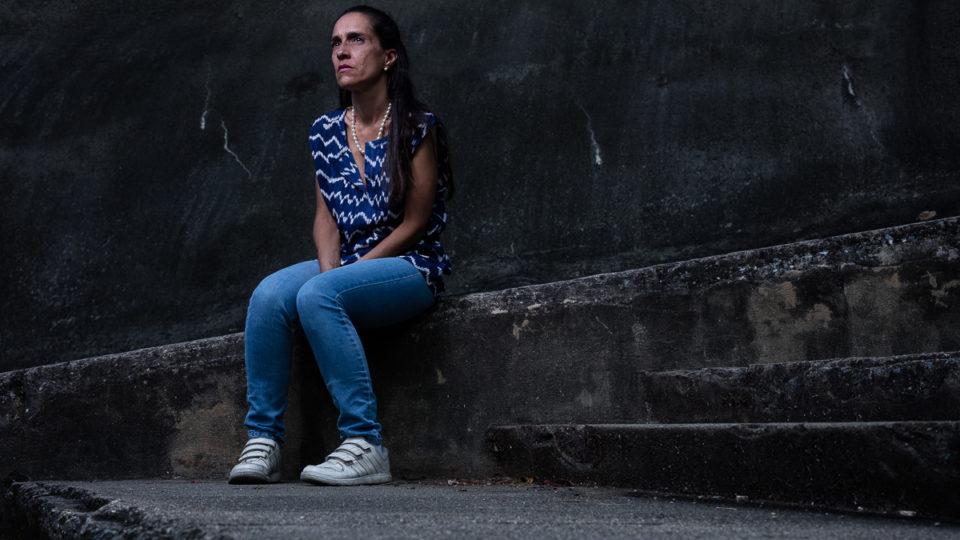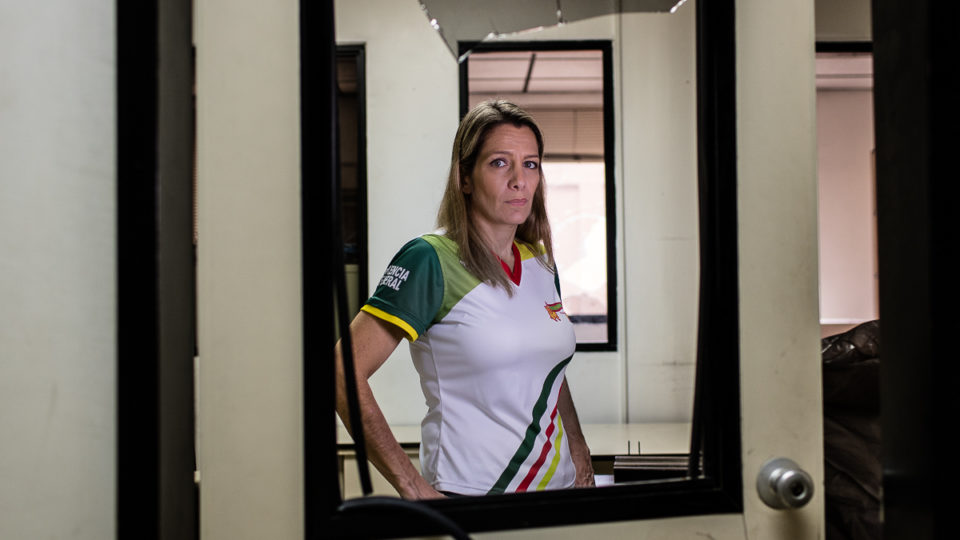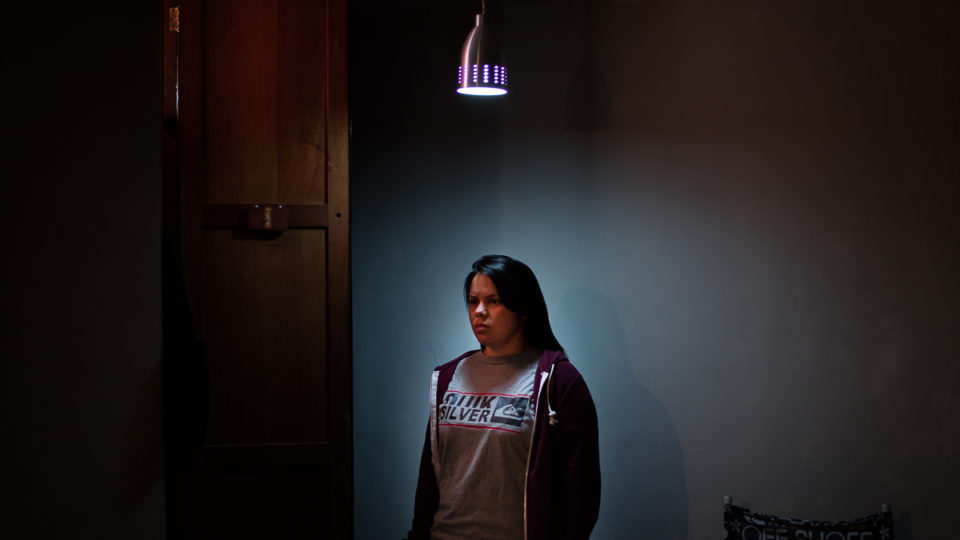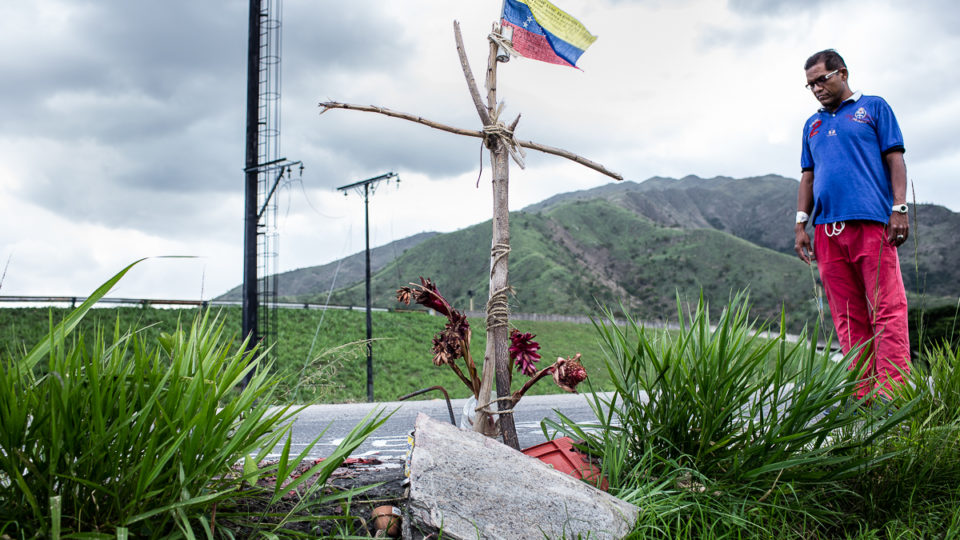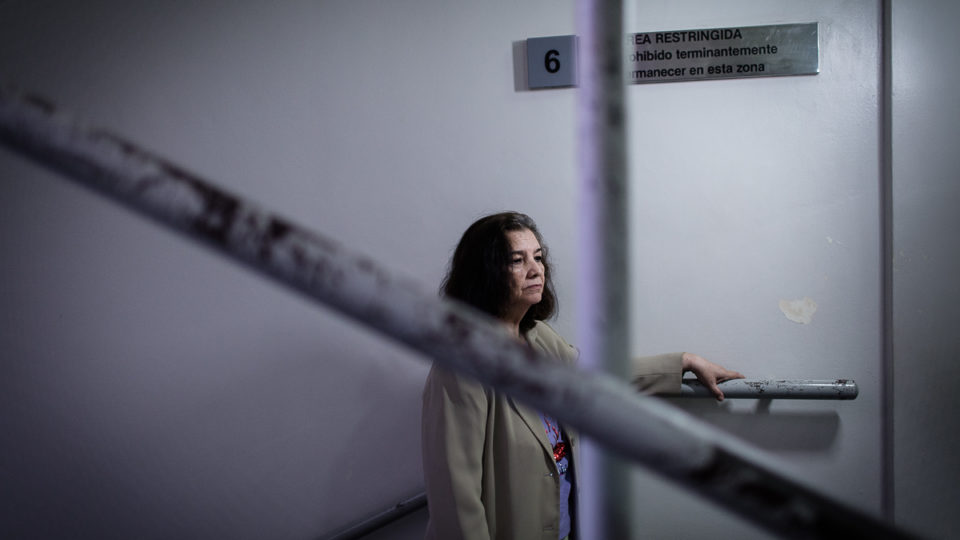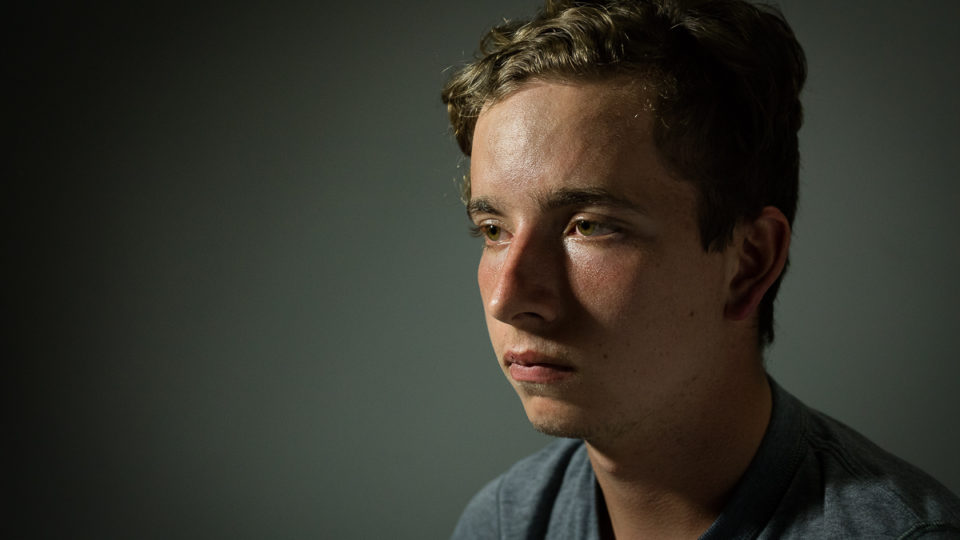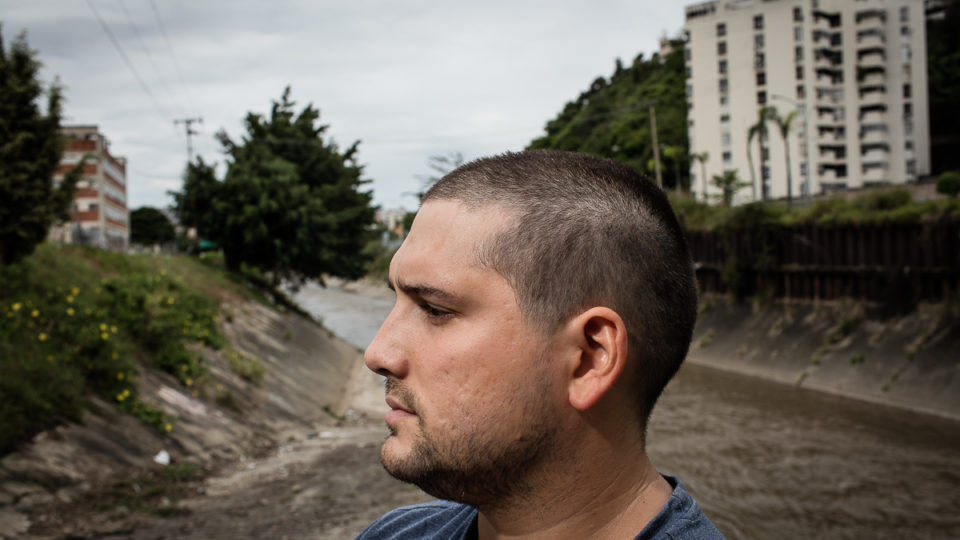Testimonies 2017
“Does your chest really hurt?”
Nelson Dudier
I
“My kids (26) and (21) live abroad. They didn’t feel they had any options in Venezuela. I go on marches and protest so they want to come back to live, not just to visit. I’ve taken part in the protests since they started in April. I haven’t missed a single one. That’s my contribution and I know it makes a difference. I clicked with the student movement, especially the students from the Central University (@creoenlaucv ) and that really motivated me. Those kids could be my children. I go with them, I take photos of them, and although we get split up when the chaos starts, at the end of the afternoon I always send them the pictures I took that day. They look after me, treat with kindly, and are generally relaxed around me. I think some of them might even see me as a father figure.
It was the same on May 3rd. We met at Plaza Altamira and from there headed to the Altamira intersection. The politicians went ahead, the student movement came behind. We went down to the highway, marched to El Rosal and that’s where the tear gas wars began. As always, I ran back. My work was done. I’d done my bit, making up numbers.
As I headed back with a ton of other people, the police started throwing tear gas at us from La Carlota air base and I had to run toward Altamira. On the intersection bridge, in my exhaustion I saw a motorcade of Bolivarian National Guards shooting tear gas by the Gustavo Herrera high school. I was in the midst of an ambush. I started running again and decided to head into the La Floresta neighborhood, covering my face, coughing, crying, and out of breath. We all ran from the increasingly brutal repression.
The tear gas they shoot suffocates me, it gives me a burning feeling, like fire. The gas they used to use would sting, but these really hurt. I stopped at Clínica La Floresta and thought about going in. “The pain will pass when I get away from the gas and can breathe better,” I thought. I kept walking; I was all sweaty and exhausted. I paid a hundred bolivars to a bus driver heading to Petare so he’d stop in Parque Cristal, where I’d left my car. I couldn’t even walk two blocks by that point. I plugged in my phone, which was out of juice, and a message immediately popped up from Buenos Aires. It was my daughter, Andrea, asking:
—How are you, dad? Are you out of the march? You ok?
—Fine.
She understood this father-daughter code. Something was up. The whole family mobilized.
—Does your chest really hurt? Did you get him with a load of tear gas or is it something else?
After that question, Whatsapp went down worldwide, so I couldn’t reply to my wife and tell her what it felt like.
When I was driving home, my arm started hurting. It didn’t matter what position I put it in, it still hurt. I was sweating and trying to do deep breathing. There was a lot of traffic.
—You’re having a heart attack. We can’t treat you here. Go to a clinic with a cardiology unit.
I went with my brother and my heart attack diagnosis to another clinic. The day before my father-in-law died, his arm hurt; so did mine. I was scared. All I could think as we drove to the clinic was: How long have I got left? The burning feeling in my chest and arm was a heart attack. The fact that I didn’t realize helped me survive. When I found out, I got really frightened. I just wanted to reach the clinic so I could be treated. I could have fallen on the highway, I thought. An old guy who dies running from the police, with people just walking over him. How long would it have taken to identify me? How would they have contacted my family?
Catheterization, stent, and two days in the hospital. Frustration and a prescription to be smart and rest. I need to ask what that means when I go to my appointment. I’ve got mixed feelings, because my kids have
convinced us to leave. We want to be with them but our roots run deep in Venezuela. Even to think about leaving hurts.
Nelson Dudier, 52, teacher, member of Fundación Una Mano Amiga. @FundacionUMA
